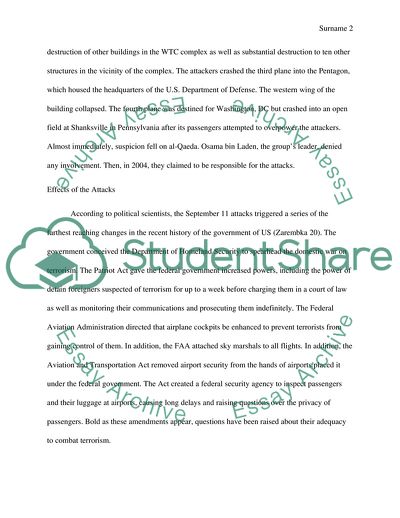Cite this document
(Oral History of September 11 Terrorist Attacks Assignment, n.d.)
Oral History of September 11 Terrorist Attacks Assignment. https://studentshare.org/history/1852556-an-interview-about-oral-history
Oral History of September 11 Terrorist Attacks Assignment. https://studentshare.org/history/1852556-an-interview-about-oral-history
(Oral History of September 11 Terrorist Attacks Assignment)
Oral History of September 11 Terrorist Attacks Assignment. https://studentshare.org/history/1852556-an-interview-about-oral-history.
Oral History of September 11 Terrorist Attacks Assignment. https://studentshare.org/history/1852556-an-interview-about-oral-history.
“Oral History of September 11 Terrorist Attacks Assignment”. https://studentshare.org/history/1852556-an-interview-about-oral-history.


